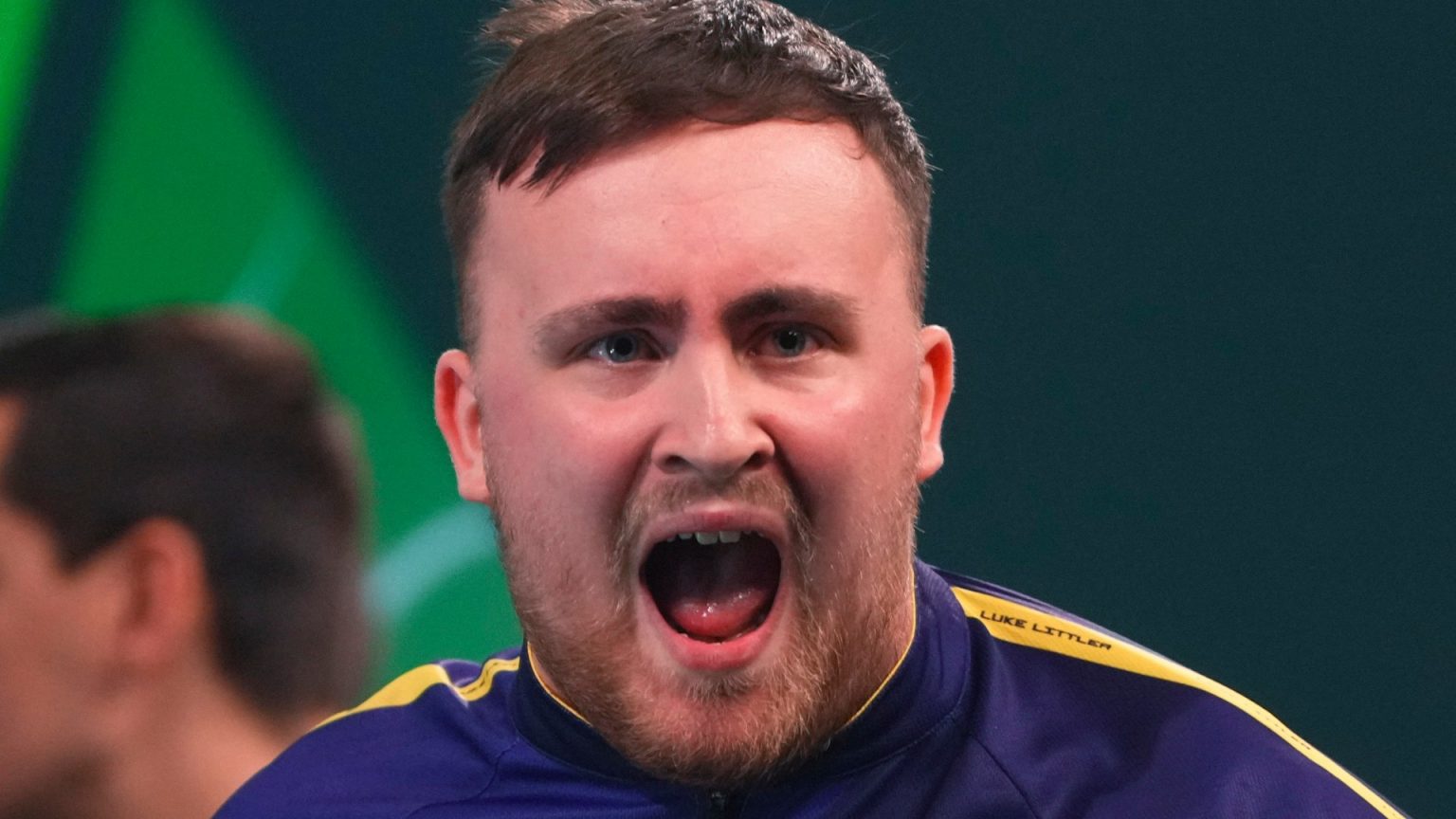The world of professional darts has recently been abuzz with discussions about the apparent disconnect between the ages and appearances of some of its top players. The catalyst for this conversation was the emergence of teenage prodigy Luke Littler, whose mature demeanour and full beard led many to significantly overestimate his age. This disparity between perceived age and actual age became even more pronounced during Littler’s semi-final match against Stephen Bunting in the 2024 World Darts Championship. While Bunting is a relatively young 39, many fans expressed surprise, believing him to be much older, even comparing him unfavorably to the similarly aged football superstar Cristiano Ronaldo. The resurfacing of a photo of Bunting from 2009, when he was 23, further fueled the debate, with many expressing disbelief at the transformation over the intervening years. The phenomenon isn’t isolated to Bunting; other players, including Michael Van Gerwen, have also been subject to similar age-related commentary.
Several factors contribute to this perceived age discrepancy. Unlike athletes in physically demanding sports, darts players are not subject to the same rigorous training and dietary regimens. This lack of intense physical activity can contribute to a less toned physique, which might, in some cases, be perceived as a sign of aging. Historically, darts has been closely associated with a pub culture that often involves alcohol consumption. While acknowledging that modern darts players aren’t necessarily heavy drinkers, the association remains, and the potential effects of alcohol on appearance are well-documented. Alcohol can contribute to dehydration, which affects skin elasticity and can lead to wrinkles and a dull complexion. Diets high in salt, fat, and processed foods can also negatively impact skin health, contributing to an older appearance.
Furthermore, the stress associated with professional competition can also take a toll on a player’s appearance. Studies have shown that stress hormones can accelerate the biological aging process and even break down collagen, the protein responsible for skin firmness. While Littler’s youthful age belies his appearance, some factors like his beard, grown since he was 14, contribute to the perception of him being older. His confessed fondness for post-match kebabs also hints at dietary choices that may not be optimal for maintaining a youthful glow. However, the crux of the matter is that in the world of darts, physical appearance is secondary to skill and mental fortitude.
The contrast between the perceived age of darts players and those in physically demanding sports like football highlights differing lifestyle choices and their impact. Footballers, due to their rigorous training regimes, often maintain a leaner physique and adhere to strict dietary guidelines, which can contribute to a more youthful appearance. The constant physical activity, calorie burning, and focus on fitness inherent in their profession contribute to this. This difference in lifestyle is not a judgment on either sport, but rather an observation of how different physical demands can influence outward appearance.
It’s important to remember that aging is a natural process and that outward appearances can be deceiving. While lifestyle choices can certainly influence how we age, it’s crucial to avoid making assumptions based solely on how someone looks. In the case of darts players, their skill and mental resilience are the true measures of their success, not their physical appearance. The focus should be on their sporting achievements, rather than superficial observations about their age.
Ultimately, the discourse surrounding the ages and appearances of darts players underscores the societal pressures related to aging and the tendency to make snap judgments based on visual cues. While lifestyle factors can undeniably influence how we age, it’s important to remember that physical appearance is not necessarily a reflection of chronological age or overall health. In the world of professional darts, skill and mental toughness reign supreme, and the focus should remain on the players’ sporting prowess, rather than on superficial assessments of their age.











